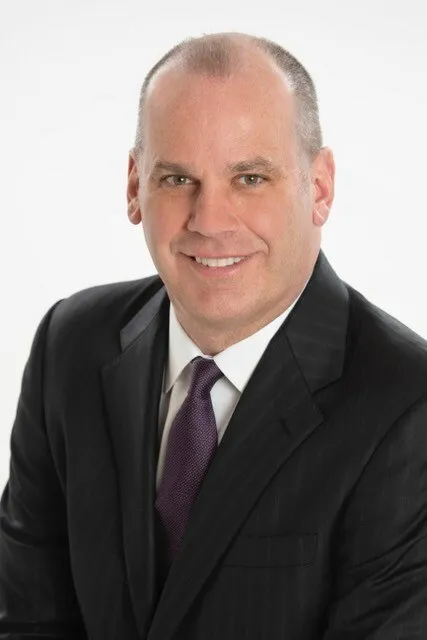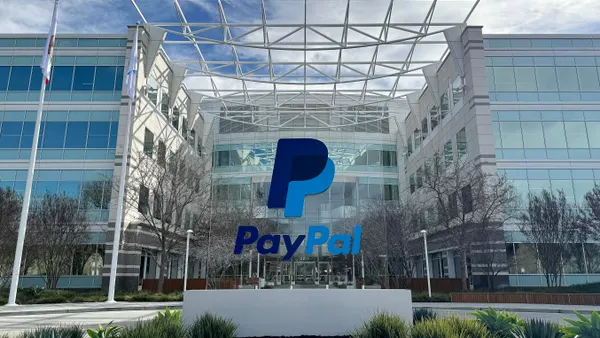Dive Brief:
- Ally Financial has named Michael G. Rhodes as its next CEO, effective April 29, the bank said Wednesday.
- Rhodes, 58, assumed the CEO post at the card issuer Discover this year, after being named to the role in December. Shortly after his appointment, Capital One announced in February that it’s seeking to acquire Discover in a $35.3 billion all-stock deal.
- On Tuesday, Rhodes submitted his resignation, effective April 1, to Discover’s board, according to a filing with the Securities and Exchange Commission. Discover board member J. Michael Shepherd will serve as interim CEO and president of the card company and interim president of the bank, Discover said.
Dive Insight:
At Detroit-based Ally, Rhodes will follow Jeffrey J. Brown, who left the CEO post in January after almost nine years as CEO. Rhodes will also join Ally’s board when he takes the CEO post in April.
Rhodes was “not expected to have a long-term role” at Discover, following the card company’s merger with Capital One, Riverwoods, Illinois-based Discover noted in its filing announcing his resignation.

As for Discover, Rhodes will serve as an adviser to Shepherd until April 12, and continue to receive his base salary through the remainder of his employment, Discover said in its filing. His unvested equity awards will be forfeited, and Rhodes will pay back certain cash payments made to him by Discover, the filing said.
The exit of Rhodes leaves Discover without a leader, again, even as it faces regulatory scrutiny over past business practices. Also, the proposed acquisition by Capital One has drawn fire from lawmakers concerned about concentration in the banking industry. Executives expect the deal to close later this year or early next, pending regulatory approvals.
Prior to taking the top post at Discover, Rhodes spent about 12 years at TD, serving as the group head for Canadian personal banking since January 2022. He joined TD in 2011 to lead the North American credit card and merchant services business, and he has some 25 years of experience in financial services.
During an investor call in February addressing details of the Capital One acquisition, Rhodes said he anticipated assuming an advisory role, reporting to Capital One CEO Richard Fairbank, for a year after the deal’s closure.
Shepherd, a former banker, will remain a Discover director, but will leave the board’s risk oversight committee while serving as interim CEO and president, the company said. Shepherd was appointed to Discover’s board last August, as the company after former CEO Roger Hochschild abruptly exited.
As Discover’s interim CEO, Shepherd will receive a base salary of $1.25 million and a restricted stock unit award with a grant date value of $5.75 million, according to Discover’s filing. The stock award will vest on the completion of the merger with Capital One or the one-year anniversary of the grant date, whichever occurs first.
Capital One’s acquisition of Discover was likely high among Rhodes’s reasons for the move, said Shawn Cole, president and founding partner of executive search firm Cowen Partners.
“It may not have been disclosed to him during the interview process,” leaving him blind-sided, Cole said in a Thursday email. “It’s likely, given the timing, that he was speaking with Ally along with Discover anyway. (Then) took the job at Discover, and Ally reached back out once the merger was announced.”
Such quick executive moves can occur due to “significant” personality clashes with the board or chairperson, or the discovery of non-public information after accepting the job, Cole noted. For Rhodes, it could also mean Ally was always his top choice but acted too slowly and wooed him over later, Cole said.












